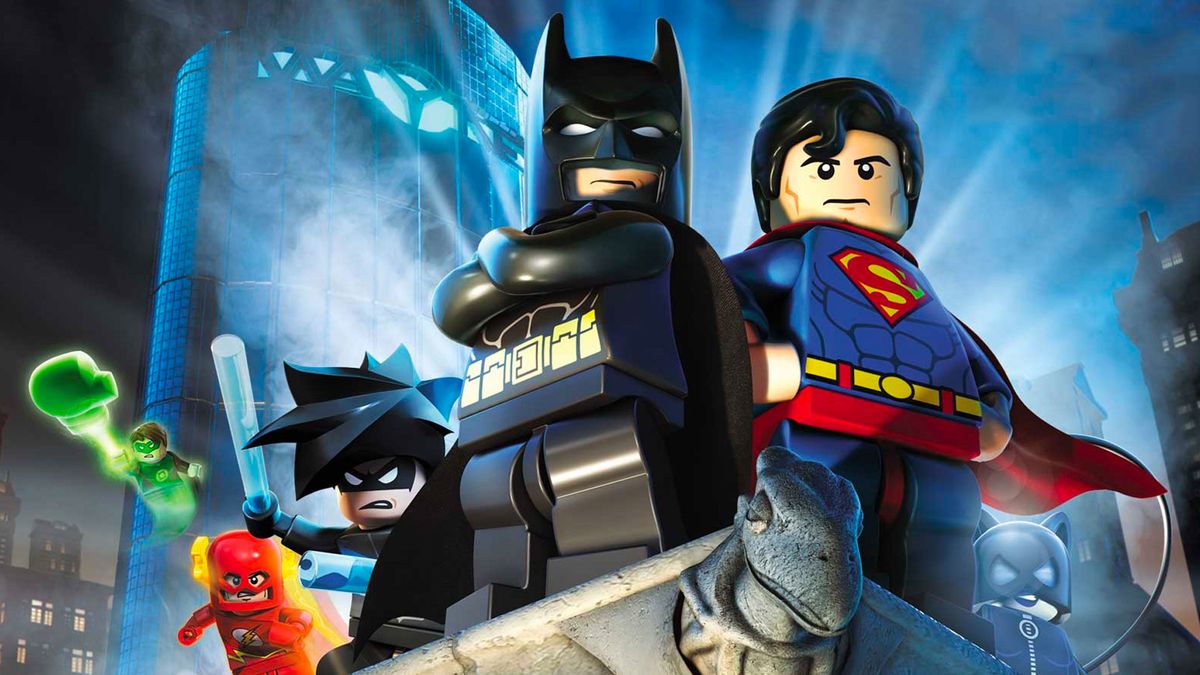Adam Jensen strolls through the gold-tinted streets of 2027 Detroit looking for trouble. A sleek train rumbles by overhead. As he looks up, his field of view fills with blinking, scrolling, glowing ads in contrasting gold and turquoise. Tall LCDs hang on light posts. Others wrap around the corners of buildings. A giant billboard promotes Eliza Cassan, the most famous and mysterious news anchor of Deus Ex: Human Revolution’s future. And then, as Jensen rounds a corner, he sees something that doesn’t belong. Something that doesn’t fit in his world, which suddenly breaks your immersion as a player: A giant red billboard for McDonald’s Chicken McBites.
And then you say it: I never asked for this.
With the rise of Internet-connected consoles and digital distribution, advertising in games has gone through some huge changes since 2005. Including, for example, dynamically changing billboard advertisements for real products (like delicious McBites!) showing up in virtual worlds. Console makers can slot new advertisements into their dashboards to promote everything from fast food to new games. Each new iteration of Microsoft’s Xbox 360 dashboard integrates more advertising space. And you can bet that when Sony and Microsoft release new consoles at the end of 2013, advertising will feature more prominently than ever.

That’s right: Advertising sure as hell isn’t going away with the next generation of consoles. “Duh,” you’re probably thinking. Anyone could predict that. Fair enough. But we’re not just sitting around taking shots in the dark–consider us fortune tellers, with a visionary crystal ball that’s given us a glimpse at the future of gaming advertising.
Okay, our crystal ball is actually just a Magic 8 Ball, but we’ve poured hours into digging through patents, advertising studies, and rumors about next-gen consoles. Our heads are full of crazy advertising possibilities like Kinect sensors that detect your mood and ads that ask you to shout “McDonald’s!” at your television.
Will some of these crazy ads show up on the next generation of consoles? Magic 8 Ball says: Signs point to yes.
In-game advertising
As Deus Ex: Human Revolution’s developers found out the hard way, gamers don’t always take kindly to the prospect of ads plastering their game worlds. The billboard for Chicken McBites, which showed up in a preview build of the game, sent angry fans rushing to the Internet, and a critical thread on Eidos’ forums racked up nearly 1000 posts. That ad didn’t make it into the final game, though it could have–Human Revolution’s billboard spaces were designed to host dynamic in-game advertising, meaning an ad space dedicated to McDonald’s one day could display ads for a new Hollywood blockbuster the next.

An ad did, in fact, show up in Deus Ex: Human Revolution, just not within the game world itself. Shortly after release, an ad for Star Wars on Blu-ray appeared on Deus Ex’s loading screens. More developers are likely going to adopt in-game advertising in the future; a post from one of Eidos’ employees in the forum thread mentioned above does a good job of explaining the value of in-game advertising to game developers. Here’s an excerpt:
“In-game advertising is one of the revenue streams which games companies can use to supplement game sales and revenues generated in this way can genuinely help with the cost of development.
“To explain a little about how the process works: As part of the deal we have with our advertising partner, we’re able to reject any ads which we don’t feel are of interest for the game or its player base. In fact, that’s why they’ve only started appearing recently–because we rejected everything else up until the recent ad on the loading screen. The timing there was purely coincidental with the release of a PC patch, by the way.”

Immersion will likely become a contentious issue as in-game advertising increases. This generation, the majority of in-game ads have shown up in sports and racing games. President Obama even took to the streets of Burnout Paradise, the fields of Madden 09, and other games to advertise his campaign in 2008. These implementations of advertising are typically easy to ignore, but ads on loading screens, like Deus Ex’s, hold your attention captive. At least there’s a silver lining: Loading screen ads don’t break immersion the same way blatant in-game ads do.
These ads are familiar. We’re going to see more of them. But what new things will we see with in-game advertising in the next few years? Here’s one likely possibility: More sponsored–and potentially free–content.
Continue to the next page to read more about next-gen DLC
Current page:
Page 1
 Game News Video Games Reviews & News
Game News Video Games Reviews & News



